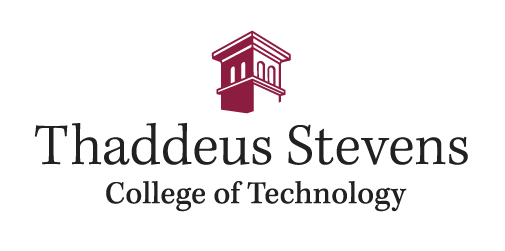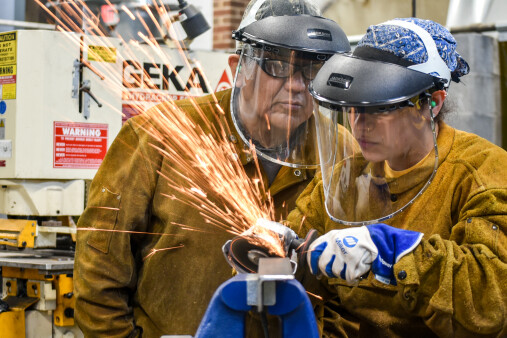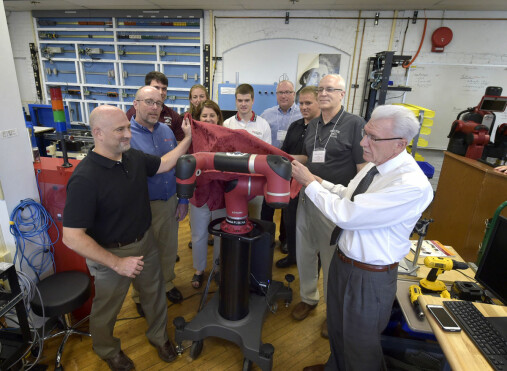Second Chance Employment: Good for Business and the Community

Prior to joining the team at Penn Stone, Pablo felt like he was in a rut. Looking for work after a dark chapter in his life, he felt that no one wanted to hire him. He faced rejections from employers after the results of his clearances came back. He felt that his "past mistakes kept him from the place I wanted to be.” In short, he needed a second chance. Second chance employment refers to companies intentionally hiring individuals who have barriers to employment like criminal backgrounds. One of those companies is Lancaster Works, a for-profit enterprise of local non-profit ASSETS that offers temporary hires for local employers. Pablo got connected to Tyrone Miller, Director of Lancaster Works, who matched him as a yard attendant at Penn Stone that soon turned into a permanent job that he feels has helped him find his purpose.
In Lancaster County’s tight labor market, employers are finding it harder and harder to find qualified employees. Looking past a criminal background can open up a new pool of good employees like Pablo. Eric Athey, attorney at McNees Wallace and Nurick, comments that hiring managers should be aware of federal and state laws that impact the hiring of individuals with criminal records. For example, the Pennsylvania Criminal History Information Act and federal EEOC Guidance both require employers to determine whether an applicant’s prior conviction truly affects his or her “suitability” for employment before making a hiring decision. Employers are expected to consider each candidate on the unique circumstances of his or her record as opposed to implementing rigid, broadly applicable bans on hiring individuals with certain types of convictions. Some factors to consider when making this determination include:
- The severity of the conviction and its relevance
to the role for which he/she is being considered.
Certain violent or sexual offenses may preclude certain types of employment. But many other non-violent convictions are a different story. For example, consider a DUI or a drug possession. Those might give a hiring manager pause for a bus driver position, but be less of a concern for a hiring manager seeking to fill a customer service position. - The date of the conviction. For example, employers
should ask themselves if a shoplifting charge from 15 years ago (when the applicant was 20 years old) truly causes for concern when there have been no other convictions since. - Evidence of rehabilitation/education. Has the candidate obtained training or taken other steps to establish readiness for the workforce?
Employees with a criminal record may face some unique
challenges once
- Challenges with opening a bank account, which can
make direct deposit difficult - Potential stigma from colleagues
- Dealing with the effects of traumatic experiences
from incarceration - Exercising soft skills (conflict management and effective
communication among them)
But there are actions employers can take to set these new team members up for success. These include training for HR professionals about the unique barriers and training for the staff as a whole that communicates that your work place is a returning citizen-friendly environment.
There are many benefits to this approach to hiring and retention for both employers and the community as a whole. At Johns Hopkins Hospital, which has a long-standing commitment to hiring returning citizens, a five-year study of nearly 500 returning citizens found a lower turnover rate than the overall employee population. Among a subset with serious records, 92.4 percent were still employed at the end of the study period.
Additional resources can be found at:
- Greater Baltimore Committee report on Hiring Returning Citizens: https://gbc.org/wp-content/uploads/2017/11/
Quick-Guide-HRC-Final-Small-Format-V2-LR.pdf - RMO for Returning Citizens, Lancaster County’s
Re-Entry Coalition: http://www.caplanc.org/Our-Programs/Household-Stability/RMO-for-Returning-Citizens

This article was written:
BY MIKE MCKENNA,
Chief Impact Officer, Community
Action Partnership of Lancaster County
Contact Mike at
You can find the article in the Spring/Summer 2018 issue of the Lancaster Chamber's Thriving!



